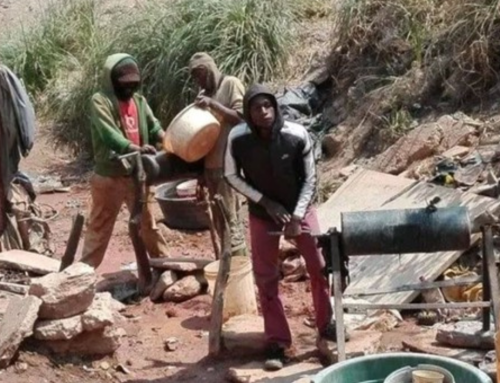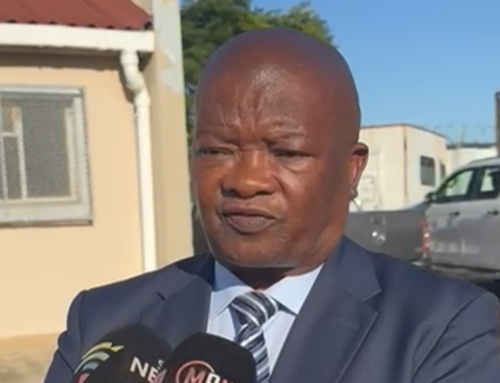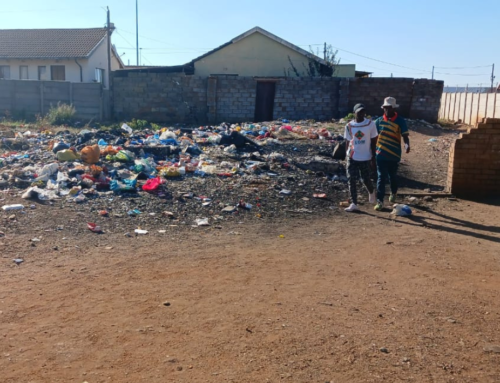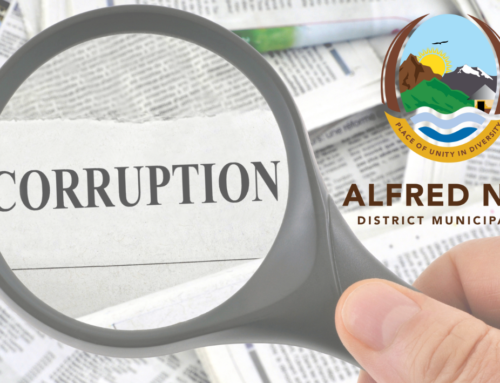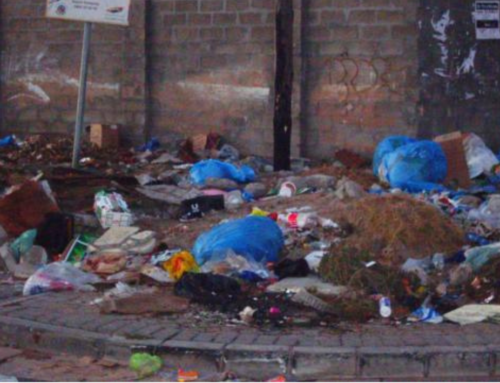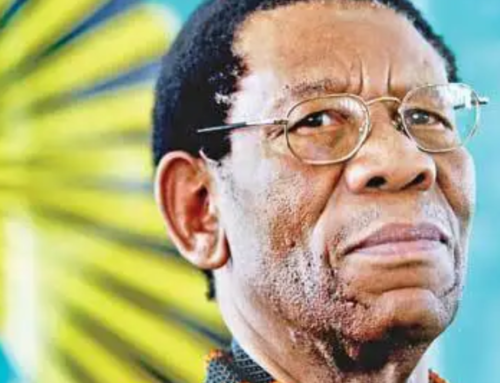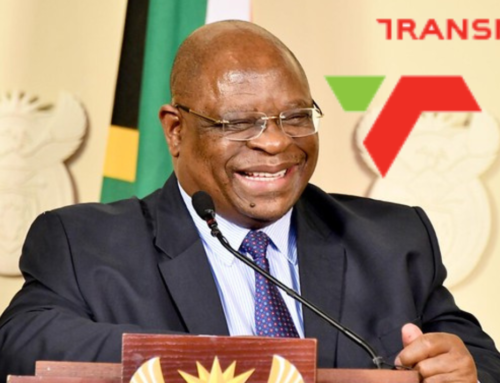 Speaking notes for Mr BH Holomisa, MP and UDM President at the Eastern Cape Province Mining Indaba
Speaking notes for Mr BH Holomisa, MP and UDM President at the Eastern Cape Province Mining Indaba
Overview of the Eastern Cape Province Landscape
East London International Convention Centre
Check against delivery
• Our hosts
• Dignitaries
• Fellow speakers
• Ladies and gentlemen
I thank the organisers for making it possible for me to participate in this event.
It certainly is good for us to talk about the economic potential of this province, and the influence of the mining industry in particular.
Let me come right out and admit that I did not know that the Eastern Cape was endowed with a diversity of minerals.
The Eastern Cape has been one of the forgotten provinces when it comes to economic potential and development.
Much of our labour force is lost to other provinces and that is in part because there are not as many work opportunities at home.
The women of the Eastern Cape are left to run households and our children loiter about, jobless.
Our communities languish in poverty and remains largely rural and underdeveloped.
Roads are not maintained and infrastructure development lags behind that of the rest of South Africa. With the few roads that are worked on, gravel quarries are left like open scars on our environment.
This paints a rather disheartening picture of the Eastern Cape.
Yet we have an abundance of resources that remains untapped, and our people remain resilient despite the odds that are stacked against them.
This Eastern Cape Province Mining Indaba promises to delve into the economic potential which we possess in this province, but we must always keep a balance in mind when talking about such development.
There is a lingering perception that mining in South Africa remains a ruthless industry, which operates at the expense of our natural resources and the welfare of the communities it displaces and borders.
There is much irony in the fact that South Africa is under pressure to get rid of dirty energies locally, whilst we still export coal by the shipload.
South Africa’s smelters, which rely on coal generated electricity is another grey area with which we are still grappling as members of the Presidential Commission on Climate Change and whether the change to renewable energies will sustain smelters. The war between Ukraine and Russia has caused a higher demand on coal and this plenary needs to thoroughly interrogate these matters.
Gas exploration and methods of extraction seem to still be contentious issues, with international companies being accused of practices that threaten our natural resources, whilst in Europe you will no longer find such stories in the papers, because their legislation is imposed without fail.
The Eastern Cape arguably has some of the most wonderful natural resources available in the country, with the Wild Coast being foremost in its set of jewels.
The question therefore is, how do we maximise the opportunities in the mining industry in this province, whilst balancing that with preserving its environment and causing economic upliftment for our people.
We certainly must bring our youth and women on board, when it comes to discussing these issues.
Another issue that should be high on the agenda is that of beneficiation. We should work towards a dispensation where jobs are created locally, instead of the exportation of raw materials and importation of products enhanced our raw materials and created jobs elsewhere.
This province can be a leader when it comes to developing our mineral resources capacity and set an example for the rest of the country.
As a simple example, it would be wonderful if the mining operations in our province would sign a compact with the province that they will step up their social responsibility initiatives and programmes.
One gets the impression that these programmes are rather begrudgingly entertained to placate local communities and there exists far too many stories of companies reneging on their promises. This makes for a very difficult landscape to navigate.
On the other side of the coin the mining companies are getting resistance from communities who fear mining development, because of the perceived threat to traditional livelihoods, displacement from homes and loss of communal resources.
This can have tragic consequences for communities as they are often split on whether to welcome or deny mining concerns access to their land.
One feels that much education is needed on the benefits of mining in the Eastern Cape, but equally so, mining companies need to work on their reputations, the way that they interact with communities and how that manifests.
From what I have quickly sketched thus far, it is clear that mining in the Eastern Cape is a complex industry.
Events like this Mining Indaba allows us to talk about these important issues and I wish you well in your deliberations.
Thank you.



